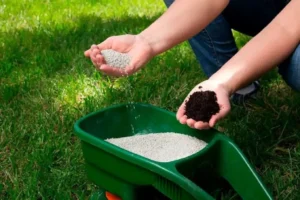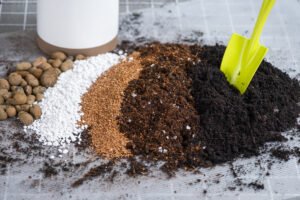Introduction
The choice between organic and chemical fertilizers is a significant decision for farmers and gardeners looking to optimize crop production while maintaining soil health and environmental sustainability. Organic fertilizers, derived from natural sources, offer a slow-release nutrient supply that enhances soil structure and promotes beneficial microbial activity.
In contrast, chemical fertilizers provide immediate nutrient availability, allowing for rapid plant growth but often at the cost of long-term soil health. With increasing awareness of the environmental impacts of agricultural practices, understanding the benefits and drawbacks of each type of fertilizer is essential for making informed decisions.
This article will delve into the key differences between organic and chemical fertilizers, examining their advantages, disadvantages, and overall impact on crop yields and soil health. By exploring these factors, you can determine which fertilizer option aligns best with your agricultural goals.
Understanding Organic Fertilizers
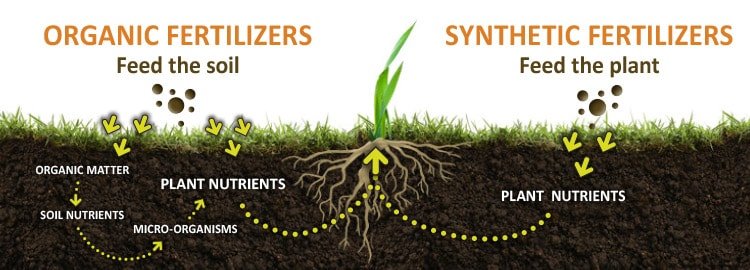
Organic fertilizers are derived from natural materials such as plant residues, animal manure, and compost. They are known for their ability to improve soil health over time.
Advantages of Organic Fertilizers
- Soil Health Improvement: Organic fertilizers enhance soil structure by increasing organic matter content, which improves water retention and aeration.
- Slow Nutrient Release: Nutrients in organic fertilizers are released gradually as they decompose, providing a steady supply to plants without the risk of over-fertilization.
- Environmental Sustainability: Organic fertilizers are less likely to contribute to water pollution since they do not contain synthetic chemicals that can leach into waterways.
According to a study published in the journal “Agronomy,” organic fertilizers can improve soil fertility and crop yields over time due to their long-lasting effects.
Disadvantages of Organic Fertilizers
- Lower Nutrient Concentration: Organic fertilizers typically contain lower levels of nitrogen (N), phosphorus (P), and potassium (K) compared to chemical options, which may require larger quantities to achieve desired results.
- Slower Results: The nutrient release process can take longer, meaning that immediate effects on plant growth may not be as pronounced as with chemical fertilizers.
- Inconsistent Quality: The nutrient content in organic fertilizers can vary significantly depending on the source, leading to unpredictable results.
Understanding Chemical Fertilizers
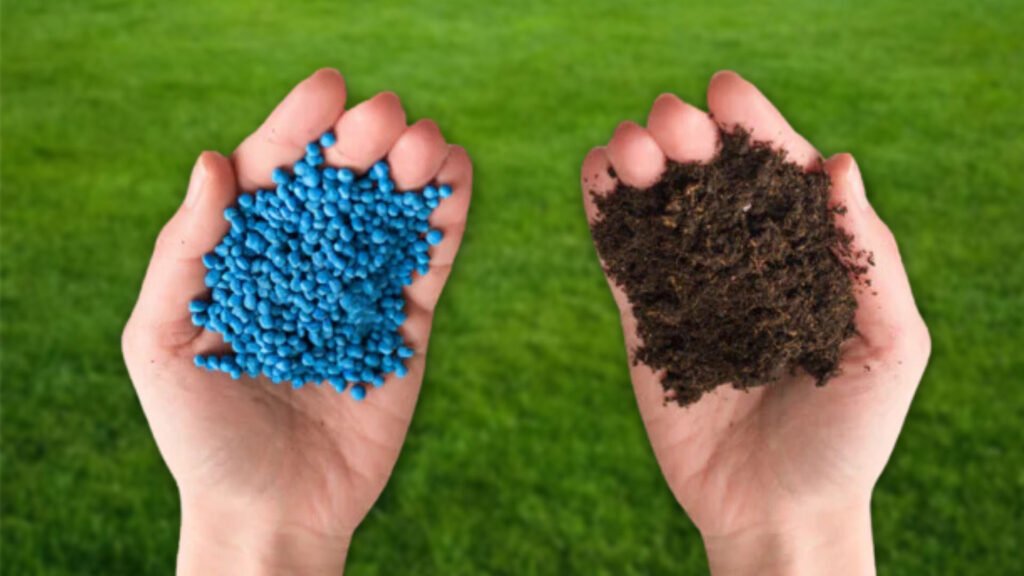
Chemical fertilizers are synthetic products manufactured to provide specific nutrients in concentrated forms. They are designed for quick absorption by plants.
Advantages of Chemical Fertilizers
- Immediate Nutrient Availability: Chemical fertilizers deliver nutrients rapidly, promoting quick plant growth and recovery from deficiencies.
- Customizable Formulations: Farmers can select fertilizers with specific N-P-K ratios tailored to their crops’ needs.
- Cost-Effectiveness: Chemical fertilizers are often less expensive per nutrient compared to organic options, making them an attractive choice for many farmers.
Research from the Food and Agriculture Organization (FAO) indicates that the use of chemical fertilizers has contributed significantly to increased agricultural productivity over the past century.
Disadvantages of Chemical Fertilizers
- Soil Degradation: Over time, reliance on chemical fertilizers can lead to soil acidification and degradation of soil structure.
- Environmental Impact: Chemical runoff can contaminate water sources, leading to issues such as algal blooms and harm to aquatic ecosystems.
- Dependency on Synthetic Inputs: Continuous use of chemical fertilizers may create a dependency that undermines natural soil fertility.
Comparing Organic Fertilizers and Chemical Fertilizers
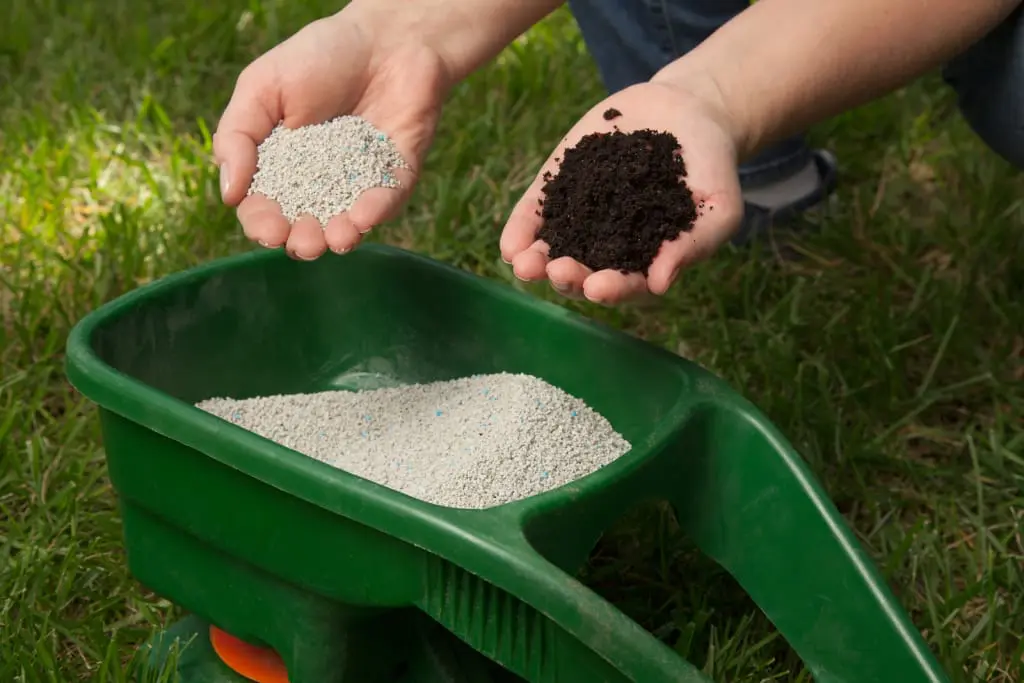
| Factor | Organic Fertilizers | Chemical Fertilizers |
| Nutrient Release | Slow, gradual release | Immediate availability |
| Soil Health Impact | Improves soil structure | Can degrade soil health over time |
| Environmental Impact | Lower risk of pollution | Higher risk of runoff and pollution |
| Cost | Generally more expensive | Typically more cost-effective per nutrient |
| Nutrient Concentration | Lower levels of NPK | Higher concentrations available |
Choosing the Right Fertilizer for Your Needs
When deciding between organic and chemical fertilizers, consider the following factors:
1. Crop Requirements
Understand your crops’ specific nutrient needs throughout their growth stages. Some crops may benefit more from rapid nutrient availability, while others thrive with gradual feeding.
2. Soil Conditions
Conduct soil tests to assess nutrient levels and pH balance before selecting a fertilizer type. This information will guide your choice based on actual soil conditions.
3. Environmental Considerations
Consider the environmental impact of your fertilizer choice. If sustainability is a priority for your farming practices, organic options may align better with your goals.
4. Budget Constraints
Evaluate your budget when choosing a fertilizer type. While organic options may be more expensive upfront, they can lead to long-term benefits in soil health.
Conclusion
The choice between organic and chemical fertilizers ultimately depends on individual farming goals, crop requirements, and environmental considerations. While organic fertilizers promote long-term soil health and sustainability, chemical fertilizers offer immediate results that can boost productivity in the short term. Understanding the advantages and disadvantages of each option allows farmers to make informed decisions that align with their agricultural practices. As we strive for sustainable food production in an increasingly demanding world, it is essential to consider how our fertilizer choices impact both crop yields and environmental health. Call to Action: Evaluate your current fertilization practices—consider experimenting with organic options or optimizing your use of chemical fertilizers to achieve a balanced approach that supports both productivity and sustainability!
Q&A Section
Q: What are the main differences between organic and chemical fertilizers?
A: Organic fertilizers are derived from natural sources and improve soil health over time; chemical fertilizers are synthetic products that provide immediate nutrient availability but can degrade soil quality if overused.
Q: How do I determine which fertilizer is best for my crops?
A: Conduct soil tests to assess nutrient needs, understand your crop’s growth stages, and consider environmental impacts when selecting a fertilizer type.
Q: Can I use both types of fertilizers together?
A: Yes! Many farmers successfully use a combination of both organic and chemical fertilizers to achieve balanced nutrition for their crops.
Resources
- Food and Agriculture Organization (FAO)
- USDA Natural Resources Conservation Service
- American Society of Agronomy
- Sustainable Agriculture Research & Education (SARE)
- Royal Brinkman – Organic vs Chemical Fertilizers






